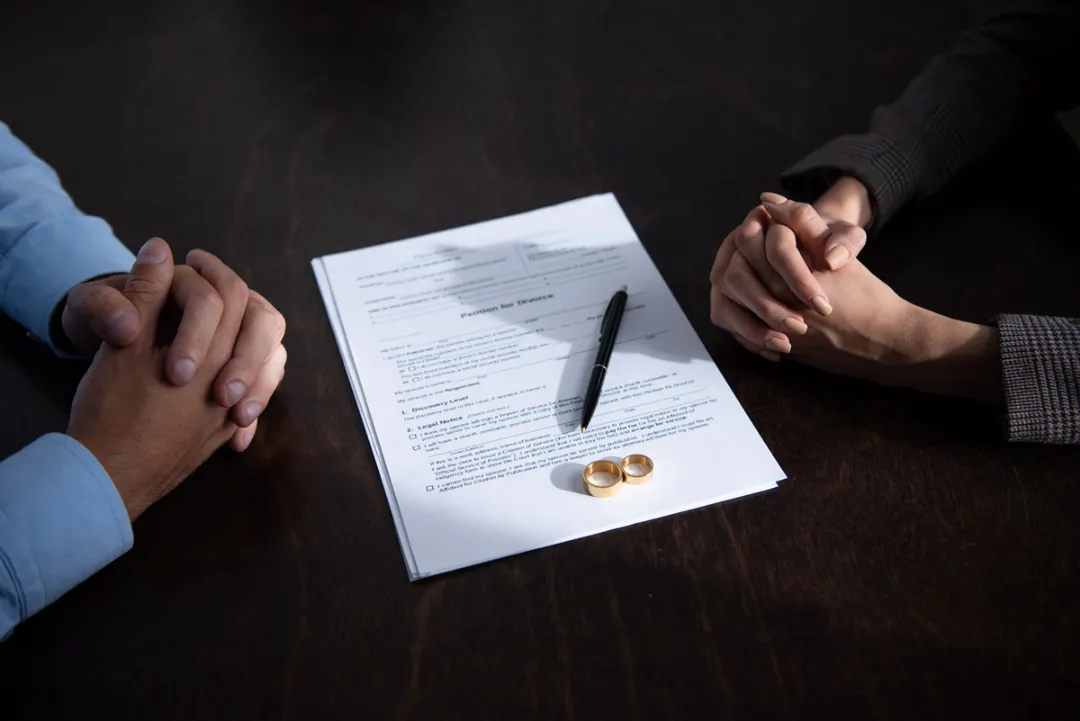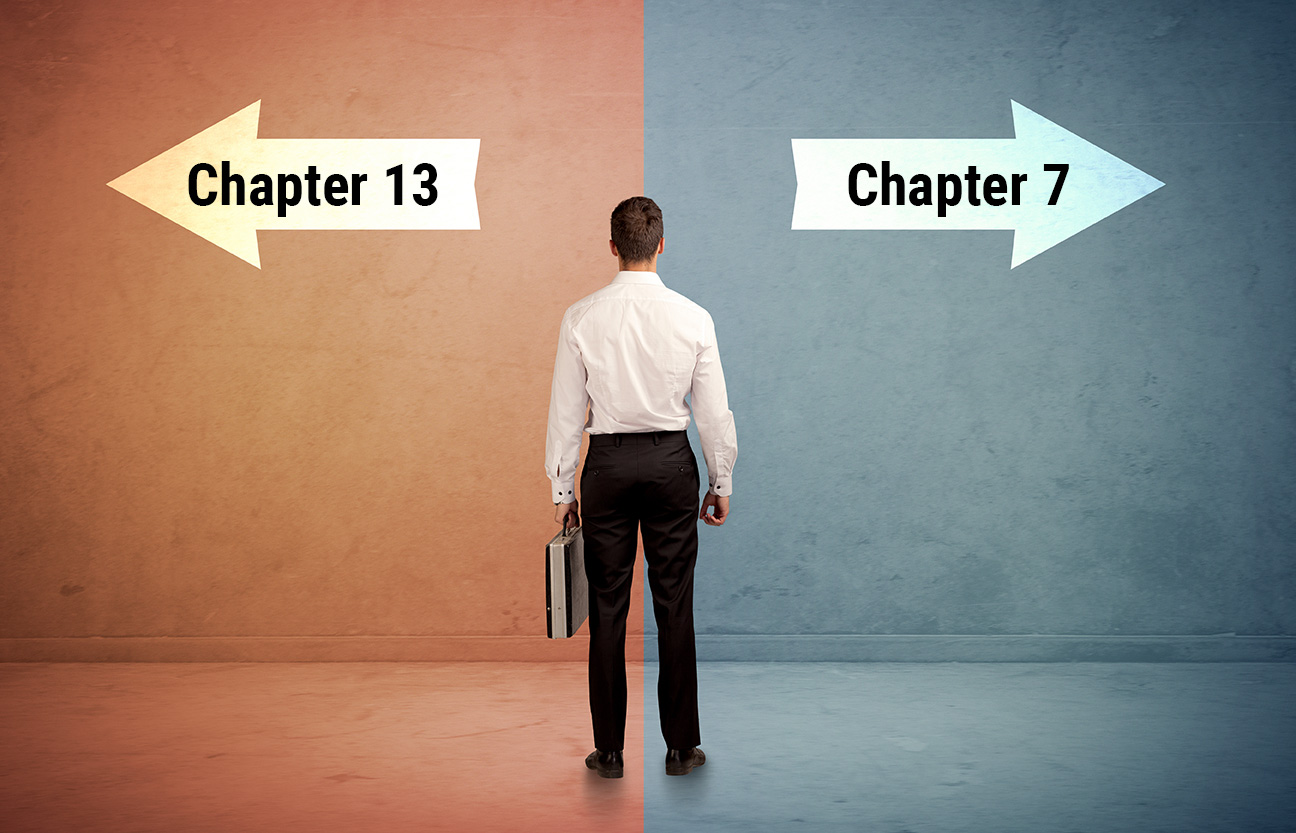Divorce and bankruptcy sometimes go hand-in-hand. Divorce can be one of the most taxing life events anyone can go through. From the emotional turmoil of ending what was supposed to be a lifelong partnership to the mental hurdle of navigating life post-separation, it can take a heavy toll. But divorce isn’t just taxing mentally and emotionally; the financial consequences of going through a divorce can feel devastating, too. The large financial burden of the process can often lead to people filing for bankruptcy. But why does divorce often end in bankruptcy? The answer might be more complex than you think.
Here are four ways divorce can lead to bankruptcy and how you can better manage your finances.
Divorce and Bankruptcy
1. Division of Debt:
One of the most common ways divorce can lead to bankruptcy is through the division of debts. In divorce proceedings, debts are often split between the parties, much like assets. In the same vein as assets, there are times when the debts are not split fairly and can leave one party dealing with a financial burden that is too much to carry on their own. Furthermore, if your former spouse defaults on their share of the debts, there is a chance of creditors seeking you out to repay them unless you are contractually released from them. Suffice it to say, that even when the relationship ends, financial entanglements can linger and become toxic.
2. Legal Costs:
The common reason people often avoid filing for divorce is also a common reason for bankruptcy after the fact – legal costs. It’s no secret that divorce can be incredibly expensive; when you add up the attorney fees, court costs, and other legal expenses, the amount can grow quickly. Many people also pay thousands of dollars just to finalize a divorce, especially if it’s contested or involves child custody disputes. These added costs can deplete savings and push individuals closer to financial insolvency.
3. Loss of Income:
In today’s high-cost world, for many individuals to be able to survive financially, they need to be in a two-income household. So, it comes as no surprise that when your two-income household becomes one through divorce, someone may find themselves in hot financial waters. Ultimately, covering the costs of a mortgage, utilities, and everyday expenses alone can prove difficult, if not impossible, for some.
4. Emotional Spending and Poor Financial Decisions:
Last but not least, and often not considered, the emotional spending that can happen post-divorce can lead many down a deep pit of credit card debt. Research shows that spending money on material items or experiences can increase dopamine, the feel-good chemical known for its happiness-inducing qualities, which can be hard to come by naturally when going through such a stressful time in life.
Whether it’s having to tackle debt solo or coping through spending, it’s now clear that divorce comes with more than just an emotional price tag.
Navigating Bankruptcy After Divorce
If you find yourself navigating financial struggles post-divorce, don’t be afraid to explore bankruptcy. People often assume the worst of filing for bankruptcy, but it can actually be the start of financial recovery—if handled correctly. Here are three important things you should know if you are considering filing for bankruptcy post-divorce.
1. Understand the Types of Bankruptcy:
Chapter 7 or Chapter 13 bankruptcy are the two types of bankruptcy for individuals. Chapter 7 bankruptcy allows the filer to discharge most unsecured debts but may require the sale of non-exempt assets. Chapter 13 sets up a repayment plan based on your income. Understanding how they differ and which one you qualify for is critical in the bankruptcy decision-making process.
2. Assess Your Financial Picture Honestly:
Take stock of all your debts, income sources, and living expenses. Include any child support or alimony payments. This step can be painful, but it’s essential to make informed decisions about your financial future.
3. Rebuild Your Credit Intentionally:
After bankruptcy, rebuilding credit should be a priority. Make on-time payments, avoid taking on new debt too quickly, and consider secured credit cards or credit-builder loans to re-establish your financial credibility.
Navigating bankruptcy after divorce can be a challenge, but with the right resources and support, you can regain your financial stability and move forward toward a brighter future.
The Support You Need – Why You Should Hire a Bankruptcy Lawyer
Navigating bankruptcy post-divorce is not just about filling out forms – it’s about making sure your rights and assets are protected during one of the most vulnerable times in your life. A qualified bankruptcy lawyer can:
- Ensure all debts are accurately listed and discharged where possible
- Protect exempt property and maximize debt relief
- Represent you in court and with creditors
- Help you steer clear of costly mistakes that could delay or preemptively end your case
Hiring a bankruptcy lawyer gives you a better chance at a smooth and successful filing, and ultimately, a stronger financial recovery.
An Experienced Bankruptcy Lawyer Who Can Help
If you’re dealing with financial hardship after a divorce and feel like you’re out of options, you’re not alone – and you do have choices. Baltimore Bankruptcy lawyer Adam M. Freiman has over 25 years of law experience. With compassionate guidance and skilled legal support, Adam can help you understand your options and navigate the path forward with confidence even if you are dealing with divorce and bankruptcy.
Don’t let the aftermath of divorce define your financial future. Call Adam today and take the first step toward peace of mind and a fresh start.






